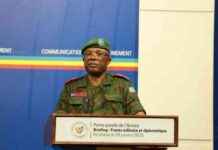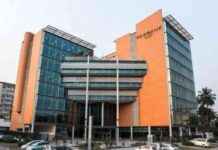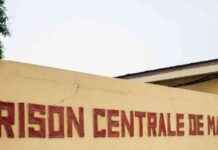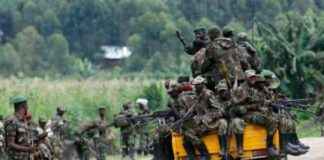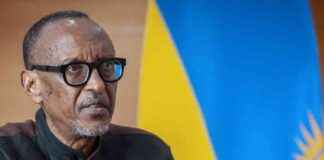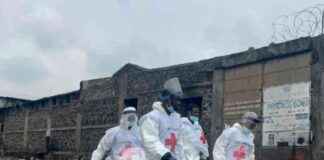Recent Clashes with M23 Displace 178,000 in Bweremana, Minova, and Kalungu: Impact Analysis
In a recent escalation of conflict between the Armed Forces of the Democratic Republic of the Congo and M23 rebels, supported by their allies, the humanitarian consequences have been devastating for the populations of Bweremana (North Kivu), Minova, and Kalungu (South Kivu). Over 178,000 people have been newly displaced in these heavily affected areas, according to the Office for the Coordination of Humanitarian Affairs (OCHA).
The fighting in these regions has led to a mass exodus of populations, particularly from the health zones of Numbi, Chambombo, Chebumba, Lumbishi, Shanje, Kavumu, and Ziralo (Kalehe territory), who have been fleeing the violence since January 4th. This conflict has caused a secondary displacement of individuals who had already fled previous crises. OCHA reports that the intensity of the clashes has forced all displaced persons from the Kitalaga 1 and 2 sites to move to the localities of Kasunyu, Kitembo, Bwisha, and Bulenga to seek refuge in nearby schools.
A significant portion of the population of Minova, including those displaced from previous crises, is reportedly moving south towards the localities of Nyamasasa and Kinyezire. A small number of displaced individuals have arrived at the Nzulo site in North Kivu through the Nzulo port on the night of January 20th. As of December 31st, South Kivu had 1.67 million internally displaced persons, according to OCHA.
Recent reports from ACTUALITE.CD indicate that at least 18 people have been killed in the M23’s conquest of the cities of Bweremana and Minova since last Saturday. The security situation remains volatile on the ground, with the M23 consolidating its presence in key strategic locations previously held by the army, such as Kachiazo, Kitembo, and the hills overlooking Lake Kivu.
Humanizing Touch: A Personal Story
In the midst of conflict and displacement, it’s easy to forget the individual stories that make up these staggering statistics. I had the opportunity to speak with a young woman named Amani, who shared her harrowing experience of fleeing her home in Bweremana with nothing but the clothes on her back. As she described the fear and uncertainty she faced during her journey to find safety, her resilience and determination shone through. Amani’s story is just one of many that highlight the human cost of this ongoing crisis.
Expert Commentary: Impact Analysis
Dr. Jane Mwangi, a humanitarian expert with years of experience in conflict zones, emphasized the urgent need for coordinated efforts to provide aid and protection to the displaced populations in Bweremana, Minova, and Kalungu. She stressed the importance of addressing not just the immediate needs of food, shelter, and medical care, but also the long-term impact of trauma and displacement on individuals and communities. Dr. Mwangi called for increased support from the international community to prevent further loss of life and suffering in the region.
Context: Ongoing Challenges and Future Prospects
The recent clashes between the Armed Forces of the Democratic Republic of the Congo and M23 rebels are just the latest chapter in a long history of conflict and instability in the region. The presence of armed groups, competition over valuable resources, and weak governance structures have created a volatile environment where civilians are caught in the crossfire. As humanitarian organizations work tirelessly to provide assistance to those in need, the road to lasting peace and stability remains uncertain. It is crucial for all stakeholders to prioritize the protection and well-being of vulnerable populations and work towards a sustainable solution to end the cycle of violence and displacement in the Democratic Republic of the Congo.

